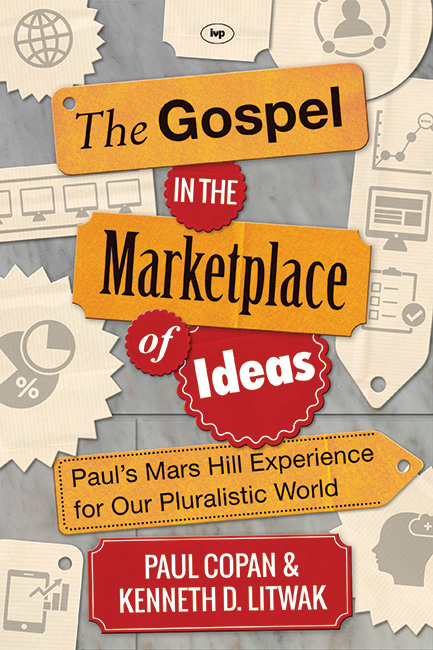
Our world is multicultural, multi-religious, multi-philosophical. It ranges from fundamental monotheism to do-it-yourself spirituality to strident atheism. How can Christians authentically and effectively present the message of Jesus the Messiah in such a pluralistic and often relativistic context?
When the apostle Paul visited Athens, he found an equally multicultural and multi-religious setting. Religious practices were wide and varied, with the Roman cult of emperor worship being the most prominent. Many also frequented the temples of the traditional Greek pantheon and participated in the secret rituals of the Mystery Religions.
In this stimulating and accessible study, Paul Copan and Kenneth Litwak show how Paul's speech to the Athenians in Acts 17 provides a practical model for today. The authors encourage Christians to 'be more biblically informed, culturally astute, and creatively engaged to winsomely challenge the idols of our time and to point contemporary Athenians beyond "an unknown God" to the God and Father of our Lord Jesus Christ'.
When the apostle Paul visited Athens, he found an equally multicultural and multi-religious setting. Religious practices were wide and varied, with the Roman cult of emperor worship being the most prominent. Many also frequented the temples of the traditional Greek pantheon and participated in the secret rituals of the Mystery Religions.
In this stimulating and accessible study, Paul Copan and Kenneth Litwak show how Paul's speech to the Athenians in Acts 17 provides a practical model for today. The authors encourage Christians to 'be more biblically informed, culturally astute, and creatively engaged to winsomely challenge the idols of our time and to point contemporary Athenians beyond "an unknown God" to the God and Father of our Lord Jesus Christ'.


